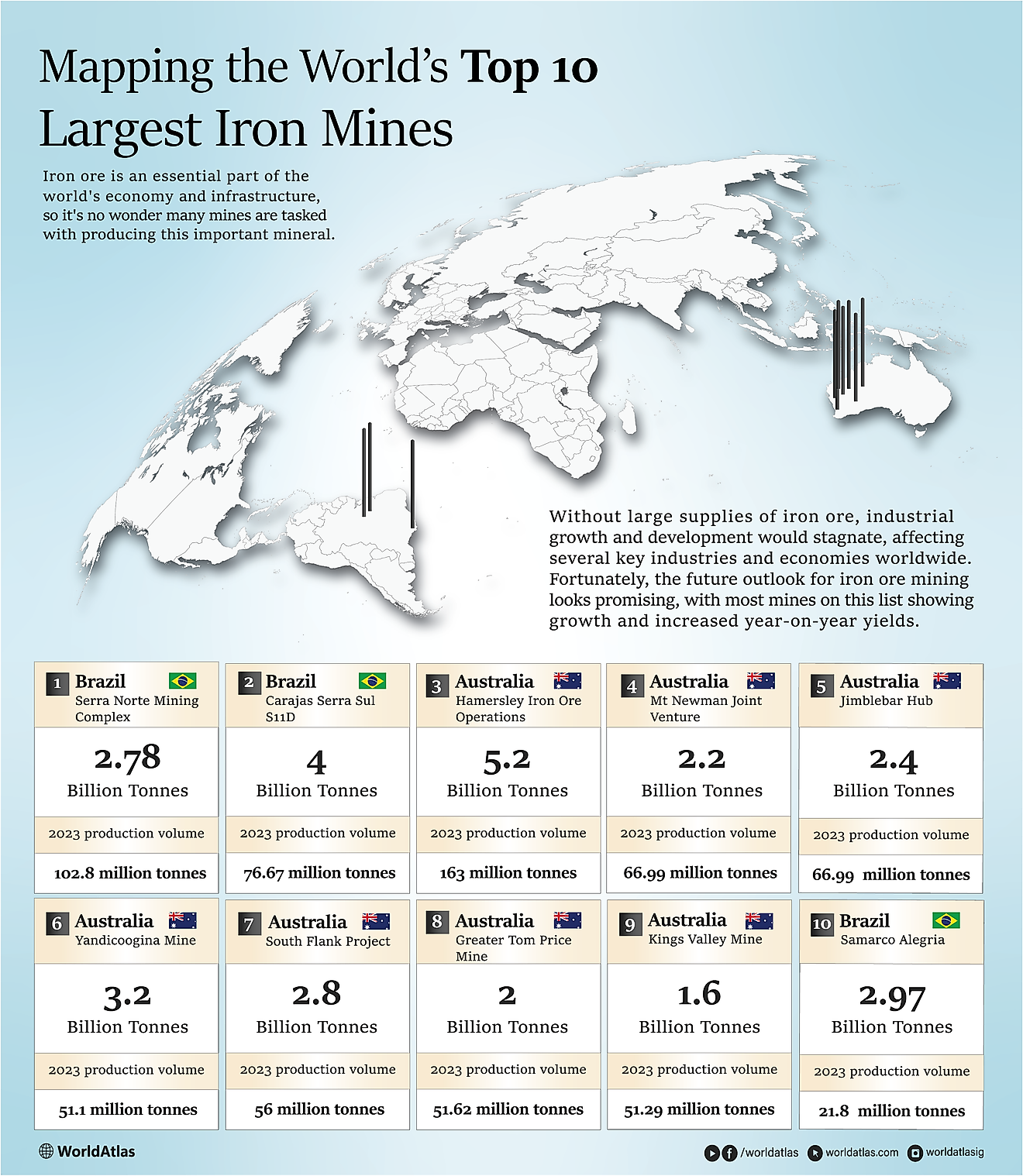What Is Antitrust Law?

- The three most important Antitrust laws in the US are the Sherman Antitrust Act, the Federal Trade Commission Act, and the Clayton Antitrust Act.
- Antitrust laws are made to prevent companies from gaining too much power in what is considered an equal (liberal) playing field.
- If one company has a monopoly on the market, there is practically no chance that anyone can knock down their prices.
Antitrust laws are measures brought by governments of specific countries that have the intention of leveling out the most competitive playing field of them all - business. These legislative actions can have many consequences, and they try to encompass a broader spectrum of subjects. They can either protect or even limit when it comes to entrepreneurship.
The Big Three
There are three fundamental Antitrust laws in the US.
The first is known as the Sherman Antitrust Act, and it is the one that was made to prevent monopolization, conspiracy, or any attempts that would restrain others from fair trade. The Federal Trade Commission Act prevents illegal methods in business competition and defines what is considered an unfair practice. Finally, the Clayton Antitrust Act was brought together to identify specific practices that emerged from the frame that the previous two acts did not cover.
Why Do We Need Antitrust Laws?
You might ask yourself, why is this even necessary? Why do companies, especially the ones that grow large, need to be monitored, and in essence - controlled? Well, people like to play dirty. No matter if you are competing in your local softball game, or running a multi-billion industry that sells its products all around the globe, you can expect that people will throw some punches under the belt. But, leaving all the allegories behind, what does this mean in the world of business, and what happens when the playing field is not determined?
In most cases, - monopolies. If anything that has the ever-lasting need to expand, like an (inter)national business certainly does, it may come up to a point where you have a single-player knocking everyone else out of business. The general aim of Antitrust laws is to ensure that these scenarios do not happen.
No Competition=No Good
If you are reading this article on a Windows type of computer, you must have heard of Microsoft, the company that made the actual Windows operating system. Well, in 2002, the company was found guilty of breaking the anti-competition part of the Antitrust law. The verdict back then was that Microsoft was performing actions to ensure that they keep the monopoly on the operating system market.
On top of that, the activity where they force a specific internet browser upon their users has also been described as unethical. Although the company later recovered immensely, they did suffer a substantial drop in the prices of their shares after the verdict.
Microsoft had too much power on the market, in both software and hardware requirements that were too closely linked together. That ultimately led to the creation of a single and a monopolistic business system.
Market Means Choice
With Antitrust laws, it is all about trying to create an equal field for everyone to buy and sell products and services. The question of customer rights is even more emphasized. One thing that is desirable in practically any situation, whether we exchange money with someone or not, is having a choice. When big companies, like Microsoft, mentioned above, accumulate so much wealth, the end customers are usually left with no options. Antitrust laws control the market allocation, prices, and, consequently, the potential monopolies that could arise.
There are other business actions that are considered breaking the Antitrust laws: like refusing to make a deal for no apparent reason, predatory pricing, or closely linking two or more products to extended dominance in that particular field. Also, companies are acting illegally in situations where the buyers force the suppliers to sell only to them. This action both prevents others from getting resources to conduct the same or at least similar kinds of business, and it eliminates others from defining the final price of a product.











